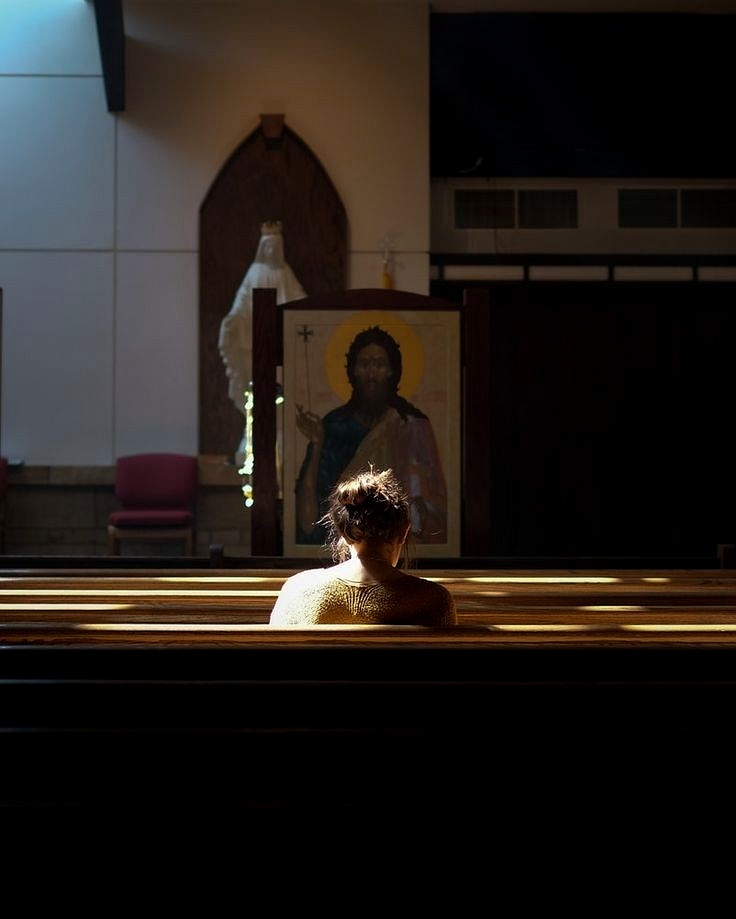
Today’s gospel presents to us the conversation between Jesus and Nicodemus. In fact, Nicodemus comes to Jesus at night. He was a well-known Pharisee who belonged to the aristocratic section of Jewish society. So, he did not want to reveal to the public his acquaintance with Jesus. We can presume that he was in the spiritual darkness before he met Jesus. As the conversation progresses, we see an inner transformation taking place in Nicodemus, and gradually, he comes to light. Jesus reveals the great mysteries concerning his incarnation to Nicodemus.
John, the evangelist, presents Jesus’ passion, death, and crucifixion as not a tragedy; rather, it is a divinely ordained redemptive event and an everlasting expression of Abba Father’s unconditional love and compassion for humanity. “For God so loved the world that he gave his only Son, so that everyone who believes in him may not perish but may have eternal life.” (Jn. 3:16) We see that the people of Israel, during their wilderness journey, grumbled against God and Moses. As a result, they received fiery serpent punishment, and the serpents beat many of them to death. When Moses pleaded for the people, the Lord gave them another chance to repent by asking Moses to prepare a bronze serpent so that whoever looked at the bronze serpent would live. Jesus had to rise up like the bronze serpent that Moses had prepared in order to give us eternal life. Everyone who looked at the bronze serpent came back to life. Anyhow, those who come back to life die again. Because in the Garden of Eden, Adam and Eve disobeyed God, and as a result, the entire human race received the punishment of death. As a result, the bronze serpent could not conquer death forever. Nevertheless, when Jesus was raised on the cross, he became the sign of redemption for all those who dwell in the shadow of death.
However, we have the freedom to choose whether to look at Christ crucified or turn away our faces from him. In the gospel, we read: “And this is the judgement, that the light has come into the world, and people loved darkness rather than light because their deeds were evil.” (Jn.3:19) In the second reading taken from the letter of St. Paul to the Ephesians, we read: “For once you were darkness, but now in the Lord you are light. Walk as children of light, for the fruit of the light is found in all that is good, right, and true. Try to find out what is pleasing to the Lord. Take no part in the unfruitful works of darkness; rather, expose them. It is shameful even to mention what such people do secretly, but everything exposed to light becomes visible; everything that becomes visible is light. (Eph.5:7-12) It is in Christ, through Christ, that we are going to live forever. If we turn our hearts from Christ consciously, in fact, we turn ourselves from salvation, which is Christ himself. “Look to him, and be radiant.” (Ps. 34:5) Let us choose Christ, the light that enlightens us and leads us to the fullness of life. We see this transformation in the person of Nicodemus, who came to meet Jesus in the dark and, after the death of Jesus, came in the daylight to claim the body of Jesus from Pilate. He completely abandoned the elements of darkness and chose to remain with light and become a witness to light forever.